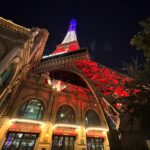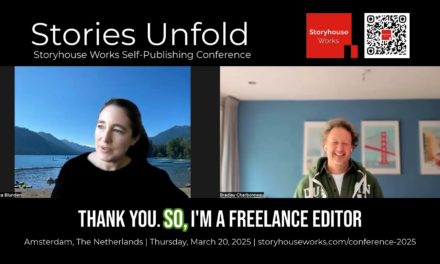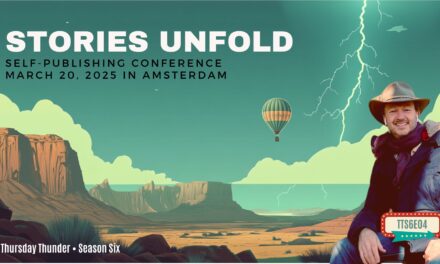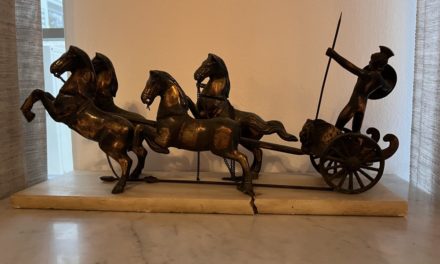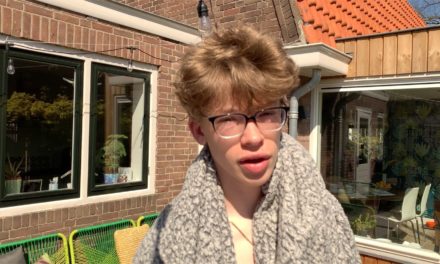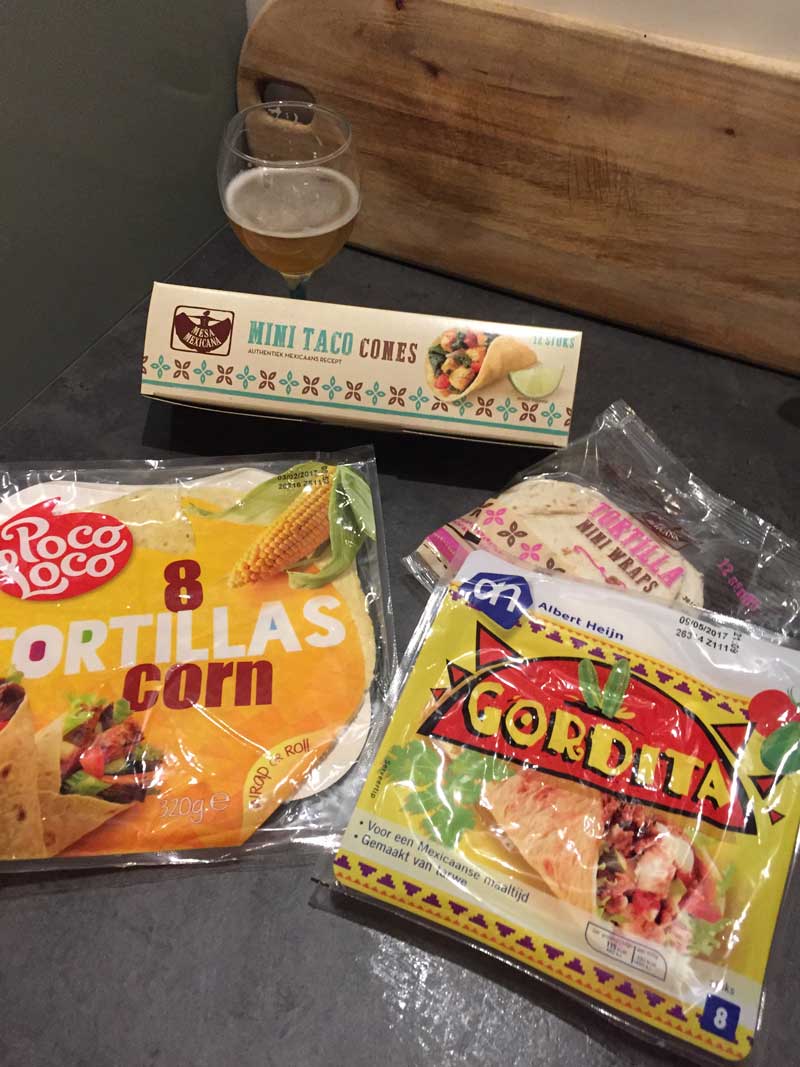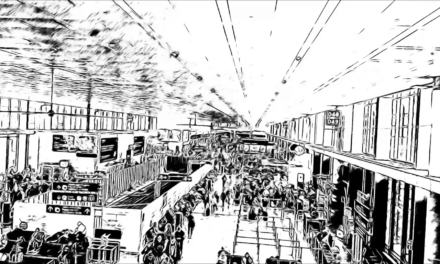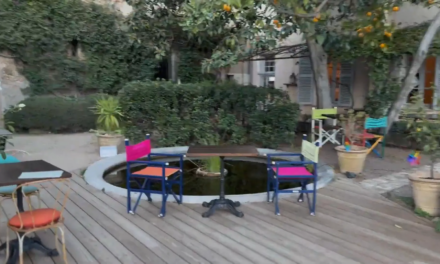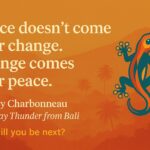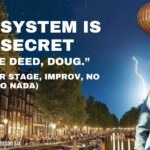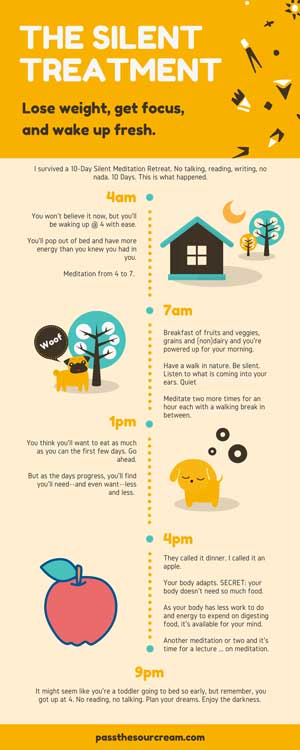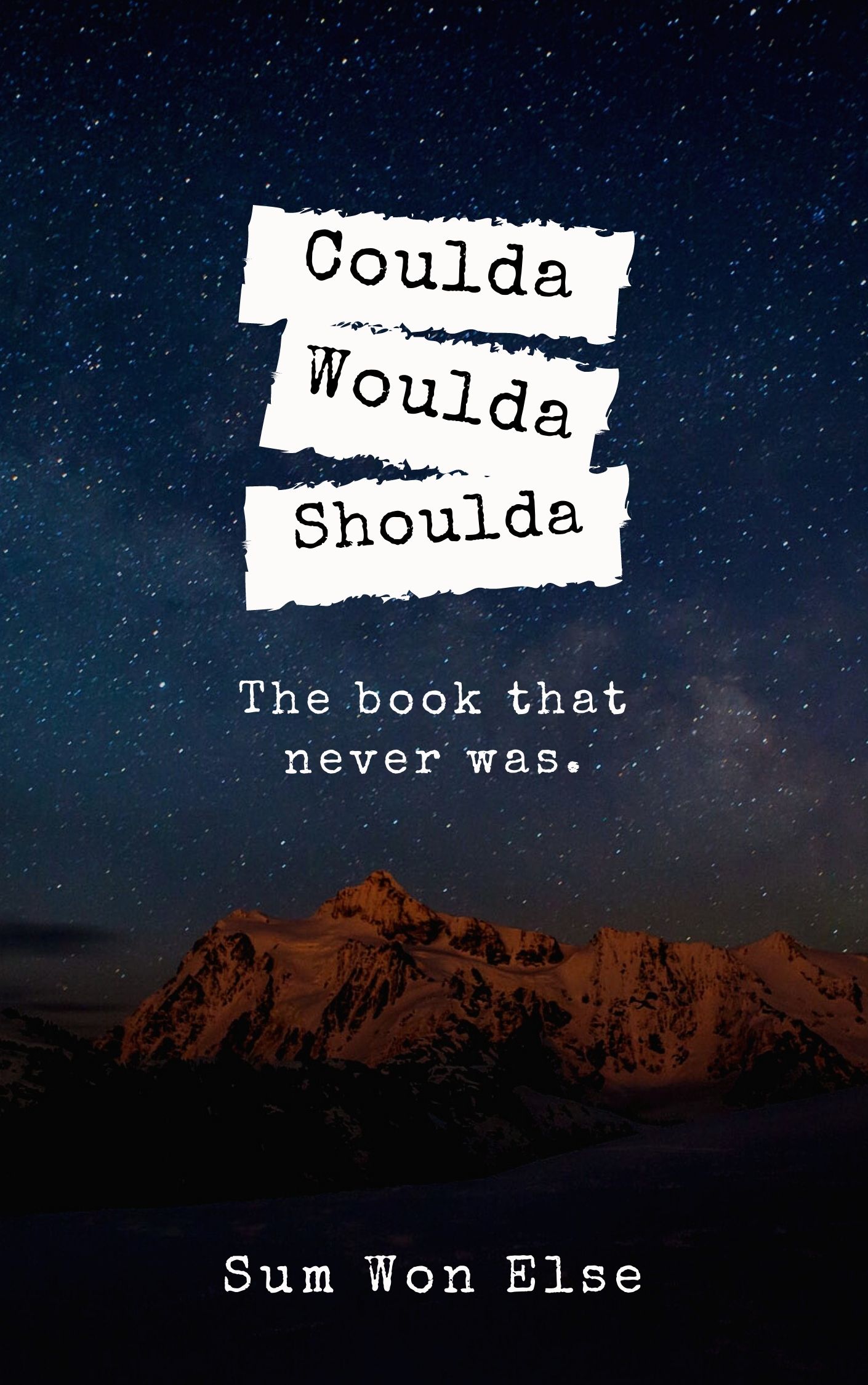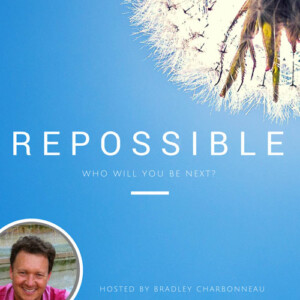At first glance, I thought it another book about the war. “Don’t mention the war!” But if you stick with it, Frankl takes you deeper, much deeper.
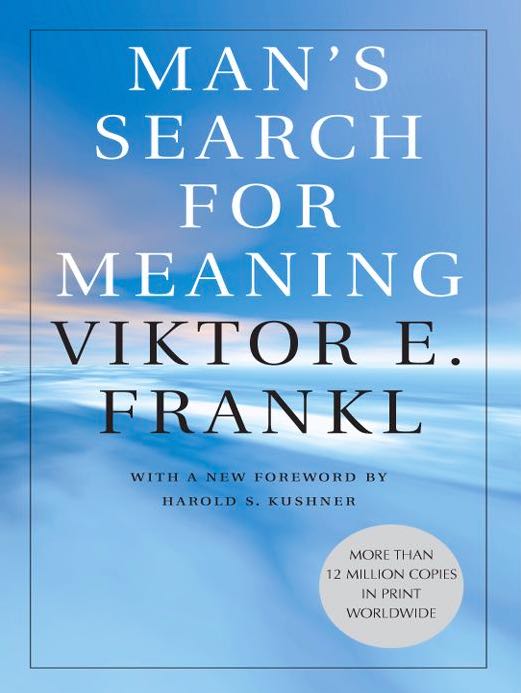
Not all gloom and doom … unless that’s what you allow it to be.
As I kept listening, I was more and more involved. He was beyond the concentration camp so had time to reflect–and reflect he did.
This was a prerequisite for Ann Rea’s powerful Creative Live course, “
Fulfill Your Creative Purpose.” I didn’t understand why at first. Then I did.
“Close their eyes and live in the past.” Or create your own future based on the present. Which will you choose? Are your circumstances as dire as Frankl’s? Doubtful.
A man who let himself decline because he could not see any future goal found himself occupied with retrospective thoughts. In a different connection, we have already spoken of the tendency there was to look into the past, to help make the present, with all its horrors, less real. But in robbing the present of its reality there lay a certain danger. It became easy to overlook the opportunities to make something positive of camp life, opportunities which really did exist. Regarding our “provisional existence” as unreal was in itself an important factor in causing the prisoners to lose their hold on life; everything in a way became pointless. Such people forgot that often it is just such an exceptionally difficult external situation which gives man the opportunity to grow spiritually beyond himself. Instead of taking the camp’s difficulties as a test of their inner strength, they did not take their life seriously and despised it as something of no consequence. They preferred to close their eyes and to live in the past. Life for such people became meaningless.
Live in the past and find your life meaningless? Whoa. Dare you test your inner strength? Surely, not many of us (if any) do it willingly.
I found that the second half of the book, once he was out of the camp, provided deeper insights into the human psyche.
To the others of us, the mediocre and the half-hearted, the words of Bismarck could be applied: “Life is like being at the dentist. You always think that the worst is still to come, and yet it is over already.” Varying this, we could say that most men in a concentration camp believed that the real opportunities of life had passed. Yet, in reality, there was an opportunity and a challenge. One could make a victory of those experiences, turning life into an inner triumph, or one could ignore the challenge and simply vegetate, as did a majority of the prisoners.
It’s easy to write about, well, anything, but how about to live what you write? ” … a challenge to live my thoughts instead of merely putting them on paper?” Here’s the full entry.
Let me recall that which was perhaps the deepest experience I had in the concentration camp. The odds of surviving the camp were no more than one in twenty-eight, as can easily be verified by exact statistics. It did not even seem possible, let alone probable, that the manuscript of my first book, which I had hidden in my coat when I arrived at Auschwitz, would ever be rescued. Thus, I had to undergo and to overcome the loss of my mental child. And now it seemed as if nothing and no one would survive me; neither a physical nor a mental child of my own! So I found myself confronted with the question whether under such circumstances my life was ultimately void of any meaning. Not yet did I notice that an answer to this question with which I was wrestling so passionately was already in store for me, and that soon thereafter this answer would be given to me. This was the case when I had to surrender my clothes and in turn inherited the worn-out rags of an inmate who had already been sent to the gas chamber immediately after his arrival at the Auschwitz railway station. Instead of the many pages of my manuscript, I found in a pocket of the newly acquired coat one single page torn out of a Hebrew prayer book, containing the most important Jewish prayer, Shema Yisrael. How should I have interpreted such a “coincidence” other than as a challenge to live my thoughts instead of merely putting them on paper? A bit later, I remember, it seemed to me that I would die in the near future. In this critical situation, however, my concern was different from that of most of my comrades. Their question was, “Will we survive the camp? For, if not, all this suffering has no meaning.” The question which beset me was, “Has all this suffering, this dying around us, a meaning? For, if not, then ultimately there is no meaning to survival; for a life whose meaning depends upon such a happenstance—as whether one escapes or not—ultimately would not be worth living at all.”
Frankl ends with some heavy-hitting moral, responsibility, society perspectives:
Freedom, however, is not the last word. Freedom is only part of the story and half of the truth. Freedom is but the negative aspect of the whole phenomenon whose positive aspect is responsibleness. In fact, freedom is in danger of degenerating into mere arbitrariness unless it is lived in terms of responsibleness. That is why I recommend that the Statue of Liberty on the East Coast be supplemented by a Statue of Responsibility on the West Coast.
